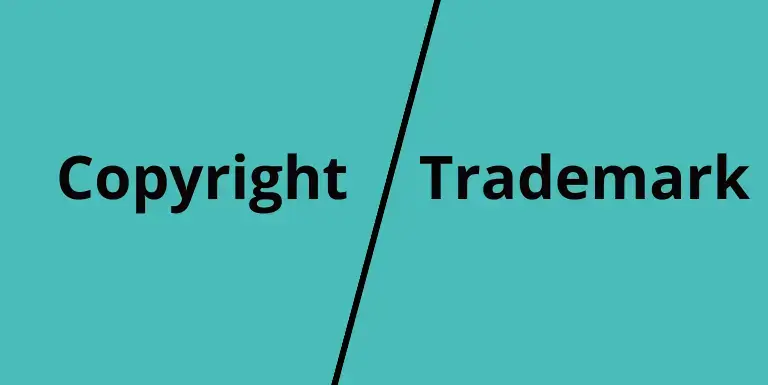Difference between Copyright and Trademark: As a business professional, it is very important to know the difference between copyright and trademark. This can help avoid at least a few law suits among companies when it comes to certain assets involving intellectual property rights. Also, this can significantly help protect the business of an entrepreneur.
What is Intellectual Property Rights
Works, processes, symbols, and designs created or owned by a company are referred to as intellectual properties of the company. Examples of these properties are written documents, artistic creations, logos, and slogans.
Infringement of the intellectual properties happens when another company or a person uses these properties and claims them as their own instead of the company’s.
This results into a bad impact on the company’s image. People can get confused as to who the product or service is connected to or as to which is original and more high quality.
In order to be protected from infringement, the company, as the rightful owner, must enforce their ownership on these intellectual properties.
To do so, they must register the properties under their name at the United States Patent and Trademark Office (UPTO) or the United States Copyright Office (USCO). The choice of the office depends on the type of property to be protected.
What is Copyright
Before discussing the difference between copyright and trademark, it is good to note both of them provide absolute ownership and the exclusion of others from using the properties without prior permission.
According to the US Copyright Act of 1976, a copyright protects original works like literary, dramatic, musical, artistic, and certain other intellectual works.
These works must be fixed in a tangible medium. Tangible medium in the sense that they can be perceived, reproduced, or otherwise communicated to the general public.
Any intellectual work is automatically copyrighted from the moment of its creation. However, infringement actions can only be instituted if the material is registered under the company’s ownership.
Registration with the USCO involves the filing of an application form, paying the required fee, and sending a copy of the work.
Once registered, the holder of the copyright certification or license has the sole right to reproduce the intellectual work, prepare derivatives, distribute copies or phonorecords, perform the copyrighted work publicly, and to publicly display the work.

What is Trademark
Meanwhile, a trademark protects a single word, a short phrase, a name, a symbol, a sound, or a color that distinguishes goods and services of one company from those manufactured or sold by another company or person.
Shapes and fragrances can also be subjected to trademark protection. Examples of company property that can be protected by a trademark are the business names, logos, slogans, and other items that actually identify or brand both the product and company.
Contrary to that of copyright, trademark protection is not automatic. The protection comes about from constant or prior use.
Before a company can register for a trademark, a wide search has to be conducted in order to ensure that it has never been used.
A trademark is registered with the USPTO. Once done, the trademark owner has the exclusive right to prevent anyone else from using the mark if it tends to confuse the general public with who the product or service is associated with.
Difference between Copyright and Trademark
The US Copyright Act requires a compulsory license and royalty payments for subsequent users of the property.
When it comes to trademarks, on the other hand, the holder may not be able to stop others from using their mark for free.
Copyright is generally protected by federal law while trademark is guarded by both state law and federal law.
The duration of copyright protection is throughout the lifetime of the author plus 70 years after his death. After that, the right falls into the public domain.
In contrast, a trademark remains to be the property of the owner (dead or alive) for as long as the mark is federally registered, the required periodical filings are done, and it continues to be distinctive to the general public.

